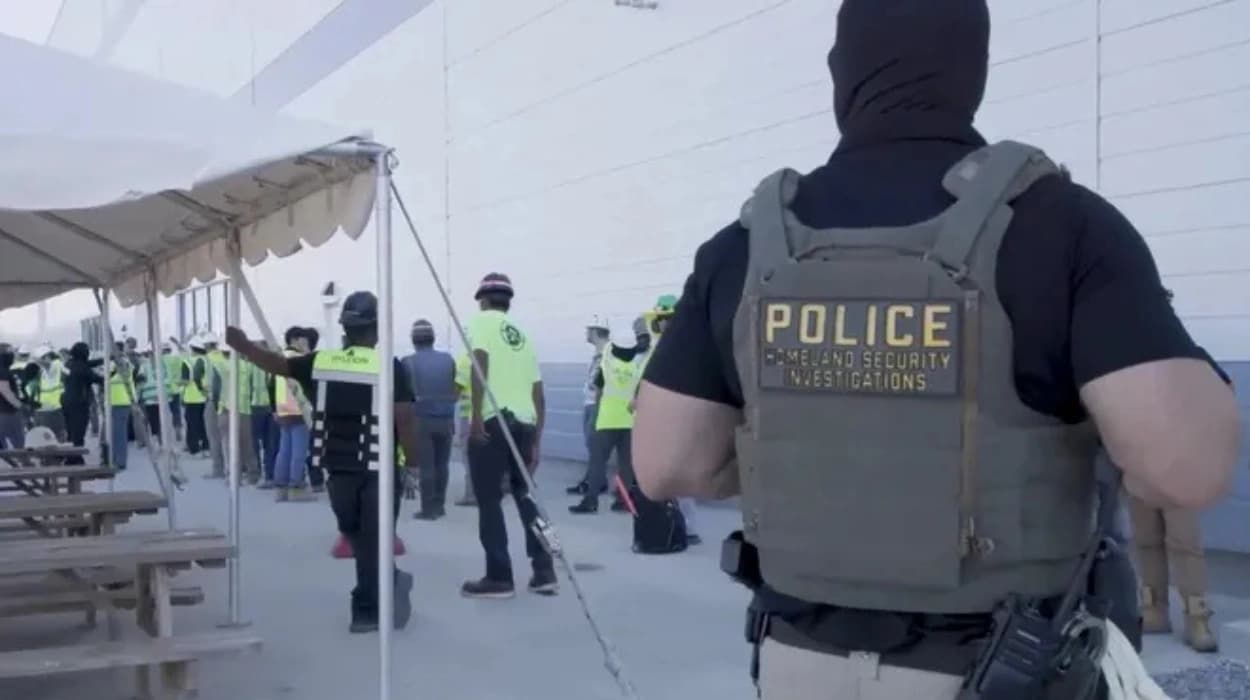Summary
- Trump plans to deport about 320,000 people over ten years.
- Mass deportations focused on criminal and undocumented immigrants.
- Policy includes expansions of expedited removals nationwide.
- Deportations could involve military and ICE raids on sensitive sites.
In a report released Wednesday, the nonpartisan Congressional Budget Office also predicted that the U.S. population will expand more slowly than it had previously predicted.
About $150 billion was included in Trump's tax and spending measure, which was approved by Congress and signed into law in July, to accelerate his plan for mass deportations over the ensuing four years.
This covers everything from detention facilities and thousands of law enforcement officers to an extension of the southern border wall of the United States. According to the CBO, those policies might result in the removal of 290,000 immigrants and the voluntary departure of an additional 30,000 Americans.
The CBO's estimate of the U.S. population by 2035 will be 4.5 million fewer than the impartial office's January estimate due to the decline in immigration and a lower U.S. fertility rate. Although it warned that its demographic estimates are "very uncertain," it predicted that there would be 367 million Americans in the United States by 2055.
Reduced immigration to the United States may affect the government's budget and the country's economy. While without specifically addressing those concerns, the report did observe that there would be "fewer people ages 25 to 54, the age group that is most likely to participate in the labor force than the agency previously projected" among the projected population.
Mass deportations might hurt the American economy and raise the cost of groceries and other commodities, according to congressional Democrats.
Trump has expressed his desire for a "baby boom" in the United States while in the White House, and his administration has floated several plans to encourage Americans to have more children. However, the CBO did not find any evidence of such happening.
“Deaths are projected to exceed births in 2031, two years earlier than previously projected,”
it noted.
How will Trump's immigration policies affect immigrant communities?
Increased deportations and ICE raids are separating families, with immigrants, including children, being detained at worksites, schools, hospitals, and places of worship. This creates fear and chronic instability in immigrant communities.
Elimination of Temporary Protected Status (TPS), DACA, and similar programs would put over one million immigrants at risk of deportation. For many of these immigrants, they have been in the US for years, which creates fear, sense of animosity, and disenfranchisement in their communities.
The executive branch’s expansion of immigration detention, including family detention and indefinite detention (potentially), puts immigrants in disabling conditions likely leading to trauma, mental health issues, and especially for children.

